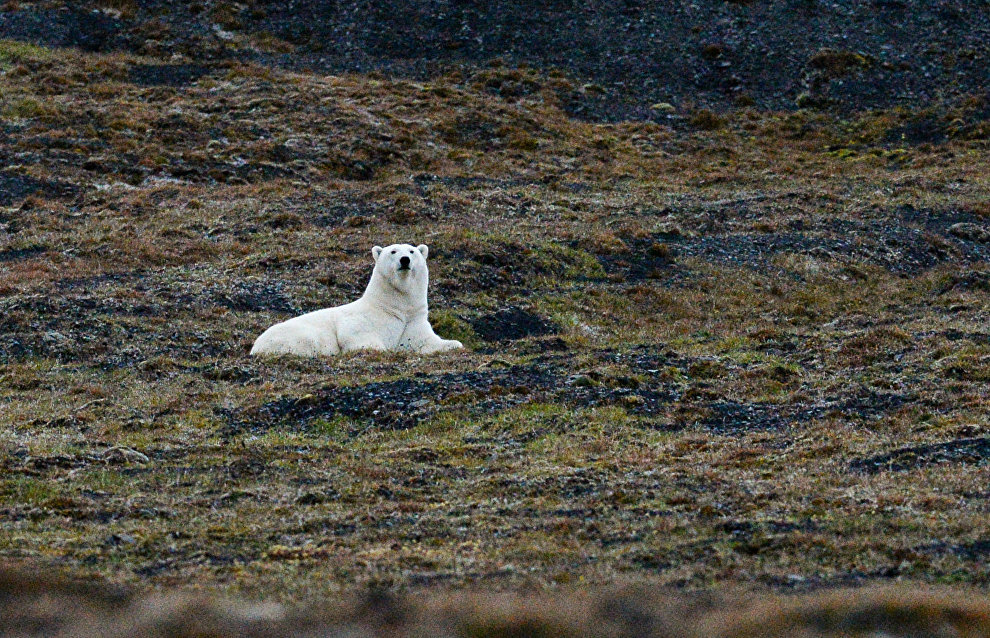Scientists to use drones for Chukotka polar bear study
Russian scientists, working with the United States on a joint research project, will for the first time use drones (quadcopters) to study polar bears on Chukotka's Wrangel Island, starting from next fall, according to Wrangel Island Nature Reserve Director Alexander Gruzdev.
It was earlier reported that the polar bear research in the nature reserve will be conducted under the Russia-US agreement on cooperation in conservation of wild flora and fauna and their habitat. Last fall, scientists of the two countries spotted the largest congregation of these animals ever found during the course of studying Chukotka and Alaska polar bears. Almost 600 of the animals were seen on the island.
"Research using the drones will begin in the fall. Nature reserve staff will operate the equipment while we will analyze the seasonal count data with our American colleagues," Gruzdev said.
The director added that the study will involve two drones, snowmobiles and other equipment. He noted that, to his knowledge, drones have not been widely used in Russia for counting polar bears. It is planned that a similar procedure will be applied in the Russian Arctic National Park.
Scientists also intend to put tracking collars on Wrangel Island bears.
"Previously, we only tagged females because males managed to remove their collars. Perhaps this year we can track males as well since the technology has developed. We have applied for permission to tag ten animals. Satellite collars can function for about a year. They will allow us to track the bears' movements. For now, the tracking collar is the easiest way to study polar bears in the wild," Gruzdev added.
The scientist added that experts had completed the spring count of polar bear dens. The data is now being processed.
In the Chukchi language Wrangel Island is called ‘Umkilir' which means ‘the island of polar bears." Scientists also call it the polar bears' ‘maternity hospital.'
